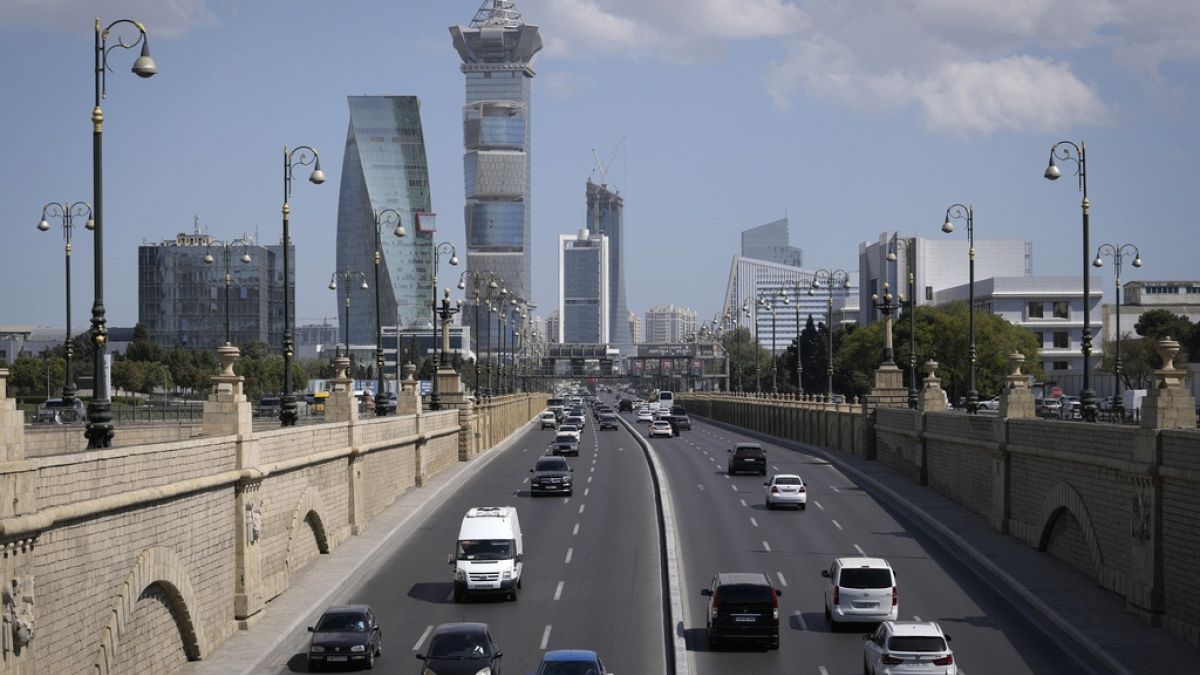With world leaders preparing to gather in Baku, Azerbaijan for COP29, European governments are reiterating their commitment to contribute to the $100 billion annual fund intended to support developing countries in adapting to climate change. Finance ministers from the EU recently pledged to engage constructively in upcoming UN talks to ramp up funding for climate action in developing nations. The discussions underscore the urgency of the climate crisis, with 2023 being declared the warmest year on record and various environmental indicators pointing to escalating global temperatures.
Under the Paris Agreement, developed countries were supposed to reach the $100 billion target by 2020, but it was only achieved in 2022. The EU, along with other nations, made significant contributions to this fund through various channels. However, the focus now shifts to the COP29 talks, where a new post-2025 target for climate finance will be intensely debated. The EU and other parties are advocating for wider participation in funding efforts, including from major polluters like China, in order to address the growing impact of climate change worldwide.
In response to the EU Council’s affirmation of continued support for climate finance, environmental groups like Greenpeace are calling for a stronger stance against the fossil fuel industry. They argue that companies responsible for a significant portion of emissions should be held accountable for the damage they cause and be compelled to contribute to climate change mitigation efforts. Greenpeace is urging EU negotiators to push for increased financial assistance from wealthy nations and impose taxes on major polluters to finance climate adaptation initiatives.
Climate Action Network estimates that developing countries require approximately $1 trillion annually in financial aid from wealthier nations to combat the impacts of climate change. This staggering figure highlights the stark disparity in resources available to countries facing the brunt of environmental devastation. As ministers prepare to finalize the EU’s position for COP29 at an upcoming meeting in October, the pressure is on to secure more substantial financial commitments and regulatory measures to address the urgent climate crisis.
The EU’s commitment to supporting developing nations in climate action is a crucial step towards achieving collective goals for global sustainability. By working towards increasing financial aid and holding polluting industries accountable, European governments are demonstrating leadership in climate diplomacy. As the world gears up for COP29, the discussions on climate finance and environmental responsibility will play a pivotal role in shaping the future trajectory of international cooperation on climate change mitigation and adaptation efforts. With the stakes higher than ever, it is essential for all parties to come together to address the challenges posed by the climate crisis and chart a sustainable path forward for the planet.


























